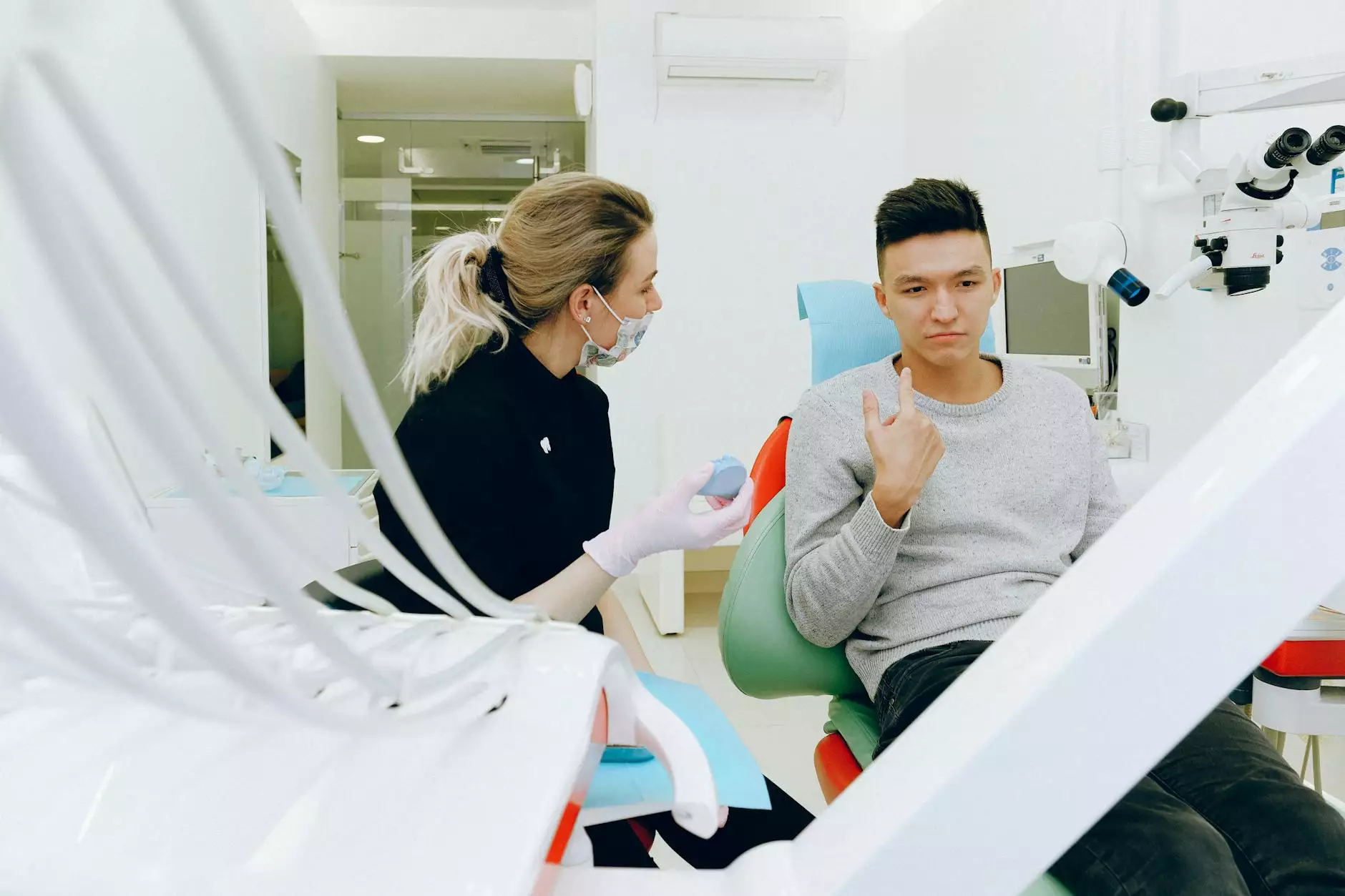The Power of Therapy Groups in Mental Wellness

Therapy groups are a profound avenue for individuals seeking not only emotional relief but also personal growth and community support. These groups provide a safe space for discussion, healing, and development that is fundamentally enriching. As part of a comprehensive approach to mental health, therapy groups play an essential role in many psychological practices, including those offered at MindCare Neuroscience.
Understanding Therapy Groups
At their core, therapy groups bring together individuals facing similar challenges, allowing for shared experiences and communal healing. Unlike traditional one-on-one therapy, group therapy encourages interaction among members, fostering a sense of connection and understanding. Here are some key aspects of therapy groups:
1. Types of Therapy Groups
Therapy groups can vary widely in focus and methodology. Below are some common types:
- Support Groups: These groups offer emotional support to individuals facing similar life challenges, such as grief, addiction, or chronic illness.
- Process Groups: In these sessions, members discuss personal issues, focusing on interpersonal dynamics and exploring emotional responses.
- Educational Groups: These provide information on specific topics, such as stress management or coping strategies, while allowing individuals to connect.
- Skill Development Groups: Focused on teaching specific skills, these groups might center on communication, assertiveness, or conflict resolution.
Benefits of Joining Therapy Groups
The benefits of participating in therapy groups are numerous and often life-changing. Here are some more detailed advantages:
1. Shared Experiences
One of the primary advantages of therapy groups is the opportunity to share experiences with others who can relate. This shared understanding can diminish feelings of isolation and loneliness. By witnessing others’ struggles and successes, members can gain valuable insights into their own situations.
2. Enhanced Communication Skills
Engaging in group discussions allows individuals to practice and enhance their communication skills. Members learn to articulate their feelings, listen actively, and engage in constructive dialogues, which can significantly improve their relationships outside the group.
3. Emotional Support Network
Therapy groups provide a sturdy emotional support network. Members can rely on each other for encouragement, advice, and empathy. This collective support fosters resilience and a sense of belonging.
4. Cost-Effectiveness
Group therapy is often more affordable than individual therapy sessions. For many, this makes mental health support more accessible, allowing those in need to receive help without the strain of high costs.
The Role of a Therapist in Therapy Groups
The facilitator or therapist guiding the therapy group plays a crucial role in shaping the group’s dynamics and effectiveness. The therapist's responsibilities include:
- Creating a Safe Environment: The therapist ensures that the group is a secure space for sharing and vulnerability.
- Guiding Discussions: It is essential for the therapist to steer conversations, ensuring that everyone has the opportunity to express themselves while keeping the group on track.
- Encouraging Participation: The therapist fosters an inclusive atmosphere where all members feel valued and encouraged to speak.
- Maintaining Confidentiality: Trust is foundational in therapy groups, making confidentiality paramount.
Challenges in Therapy Groups
While therapy groups offer many benefits, there are also challenges that can arise. Recognizing these challenges can help participants navigate their experiences more effectively:
1. Fear of Judgment
Many individuals may struggle with the fear of sharing their thoughts and feelings in front of others. This fear can impede participation. It's essential for the therapist to create an accepting environment where members feel safe and judged.
2. Group Dynamics
Each group member brings their own personality and background, which can sometimes lead to conflicts or misunderstandings. It's vital for the therapist to manage group dynamics to ensure productive interactions.
3. Varying Levels of Commitment
Participants might be at different stages of their healing processes or commitment levels, which can lead to disparities in engagement. Encouraging open communication about these differences can help bridge gaps in commitment.
Finding the Right Therapy Group
When seeking a therapy group that suits your needs, consider the following factors:
- Focus of the Group: Ensure the group addresses your specific concerns, whether they are related to addiction, depression, anxiety, or another issue.
- Group Size: Smaller groups often allow for more intimate discussions, while larger groups may provide a wider range of perspectives.
- Therapist's Qualifications: It’s crucial to participate in a group led by a qualified and experienced therapist who understands the dynamics of group therapy.
- Group Compatibility: Finding a group where you feel comfortable and safe is essential for productive therapy.
Success Stories from Therapy Group Participants
The transformative power of therapy groups is best illustrated through the stories of those who have benefited from their experiences. Here are a few inspiring examples:
1. Jane's Journey
Jane joined a grief support group after losing a loved one. Initially introverted, she found solace in sharing her story. The connections she built helped her navigate her emotions, and through the group's support, she increased her coping skills and found new meaning in her life.
2. Mark's Redemption
Mark attended an addiction recovery group where members shared their challenges and triumphs. Moved by stories of resilience, he discovered a sense of accountability along with the motivation to pursue sobriety. Through the nurturing of his peer group, he achieved milestones in his recovery journey.
3. Sarah's Transformation
Sarah participated in a skills development group that focused on anxiety management. Through various exercises and group discussions, she learned to tackle her fears, improve her self-esteem, and enhance her overall well-being. The skills she acquired in the group have had lasting impacts on her life.
Conclusion: The Future of Therapy Groups
As mental health awareness continues to grow, the pivotal role of therapy groups in psychotherapeutic practices becomes increasingly apparent. They not only provide individuals with tools for self-improvement but also cultivate a sense of community and shared understanding.
Engaging in a therapy group can be a transformative experience, leading to profound changes in one’s emotional and psychological health. If you’re considering joining a group, reach out to practices like MindCare Neuroscience where dedicated professionals can guide you toward the right therapeutic path.
Embarking on this journey may seem daunting, but with the right support and resources, individuals can achieve remarkable personal growth and emotional resilience through therapy groups.








